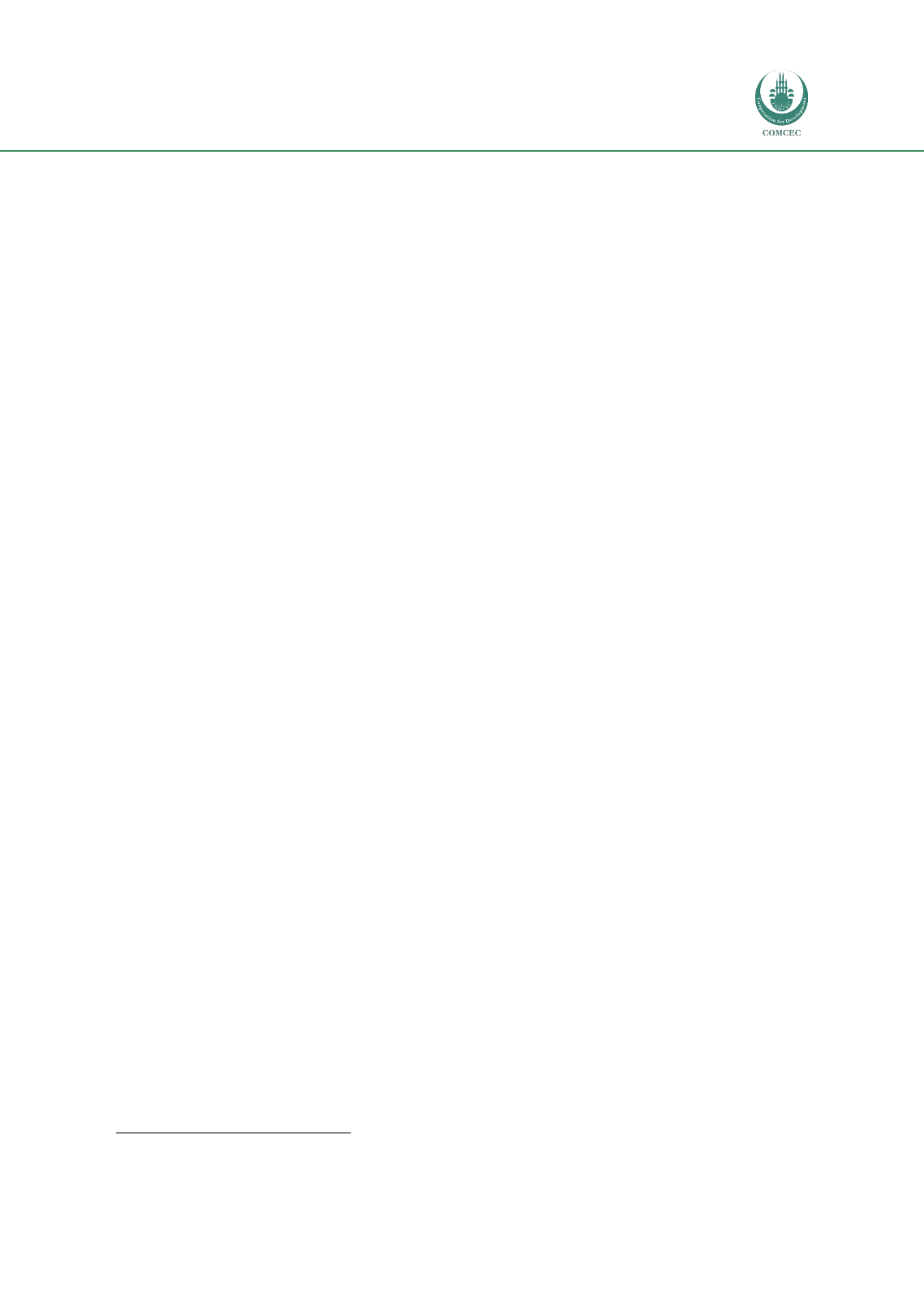

Improving Agricultural Market Performance:
Creation and Development of Market Institutions
163
In response, the International Trade Administration Commission of South Africa (ITAC) in
December 2017 imposed a provisional safeguard duty of 13.9% on frozen bone-in-chicken
from the EU. This followed anti-dumping tariffs ranging from 3.86% to 73.33% on some
chicken from Germany, the Netherlands and the UK.
The EU has claimed, however, that the problem, is structural weakness, including a spike in
costs for the domestic South African industry. Severe drought in 2016 caused the price of
maize, the main ingredient in chicken feed, to jump by nearly 200%, from R1,700 per tonne in
2015 to a record high of over R5,000 in 2016. But according to a study by Wageningen
University in the Netherlands, “South African poultry producers are more competitive than
those in the EU, and…if the EU had to export whole birds to South Africa, it would be unable to
compete on price…The study found that South Africa’s whole-chicken costs were about 20%
lower than in Europe…[though] this estimate is based on 2013 figures.”
Liberalization has increased the attractiveness of South African agriculture and agribusiness to
investment. In 2010 one Africa-focused private equity investor commented, “The number of
investment projects in the agricultural sector in sub-Saharan Africa is unprecedented.”
Another fund manager stated that “Last year, private equity investments in the African
agricultural sector generated some of the highest returns on investment.”
A 2012 survey of Africa-focused private equity examined 158 private equity funds (115 fund
managers) with a total of US$32.9 billion in capital closed since 2002 or currently being raised,
and an average fund size of US$216.5 million. Of these funds, 23% have an exclusive focus or a
preference for investing in the agro-food sector.
504
The inflows of investment into the agricultural sector in South Africa have contributed to a
process of industrialization or corporatization, in which many agricultural market systems are
controlled by one or a small number of dominant players, achieved either through direct
acquisition or by the contracting-in of other players, especially smallholder farmers. This
process has been facilitated by the availability of finance from private equity, commercial
banks, pension funds, and insurance companies, which are far more developed in South Africa
and operate under far more secure legal and regulatory conditions than in most other African
countries.
Farmsecure in 2012 received support from SwissRe for a large-scale maize project on 80,000
hectares in Free State, which would be expected to produce around 400,000 tonnes of grain in
a normal year. SwissRe provides yield index cover: “if production falls below a given level, for
whatever reason, they pay out.” Also in 2012, the German development finance institution DEG
took a 10% stake in Farmsecure. Investments and risk sharing of this kind depend on both
liberalized agricultural markets and trade, and a strong financial and legal system.
Some evidence is available, which may shine light on the efficiency of the two state-owned
economic enterprises of estate farms, Inala Farms Ltd and Ncera Farms Ltd. Initially, Inala
Farms Ltd doubled its agricultural turnover from from US$600,000 (R7.8 million) in 1998 to
US$1.27 million (R16.4 million) in 2005. It was reported in 2005, however, Inala Farms Ltd
accumulated more than US$1.5 million (R20 million) in debt and is was, in fact, in the process
504
Avanz Capital (2012)


















